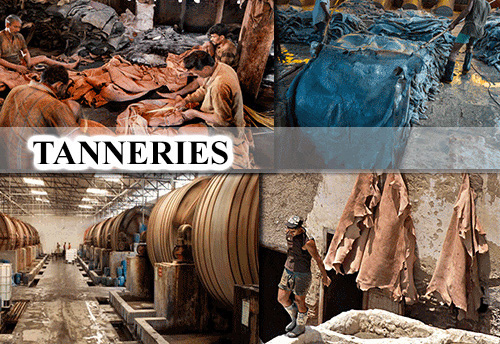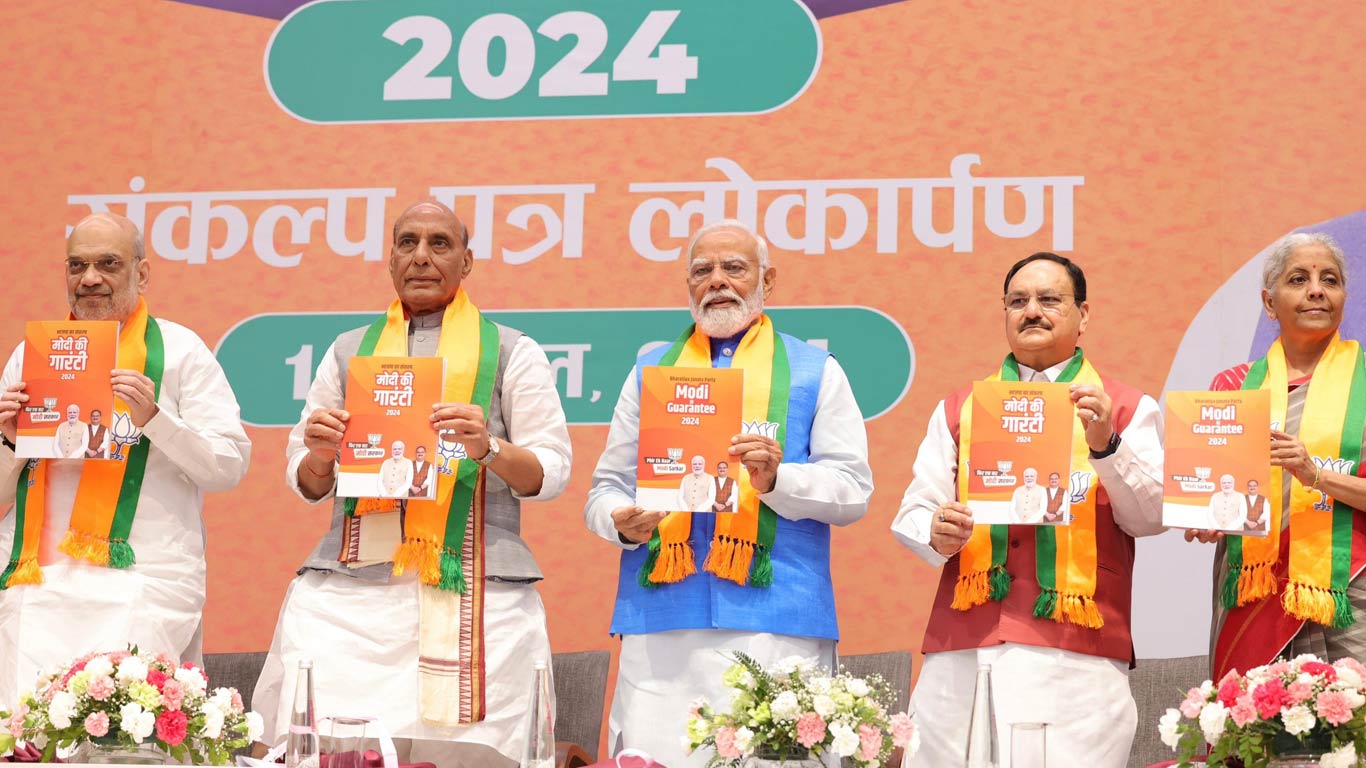Election 2019: Along with reopening of closed tannery units in state, leather MSME units want ease of doing business
Updated: Apr 22, 2019 10:15:46am

Election 2019: Along with reopening of closed tannery units in state, leather MSME units want ease of doing business
New Delhi, Apr 22 (KNN) Even after the culmination of Kumbh, the tannery units in Uttar Pradesh have still not got the permission of state authorities to start their units again in the region. Once booming, the leather industry in state is now facing serious survival issues as thousands of labourers involved in the leather sector lost their livelihood due to Kumbh.
On this grave matter, President of Uttar Pradesh Leather Industry Association, Taj Alam told KNN India that the leather industries in state have not been functioning at all in the state since the state government ordered the shutdown of tanneries along the Ganga in Kanpur and Unnao during the Kumbh Mela.
He said “Tanneries are backbone of any leather industry, which means if leather is not produced then the production of leather products such as shoes, belt, bags, garments etc. cannot be produced.”
Because of state government order, the complete supply chain has been affected, he added.
Alam said “Since last 4 months, workers have been unemployed and going through very terrible hardships financially.”
He further stated that people from economically weaker section of the society are basically employed in the leather industry and due to closure they have been unemployed from last 4 months.
Besides expecting the reopening of closed tannery units in the state from the new government, the leather units in state want ease of business not difficulty of business, said Alam.
What we are undergoing right now is difficulty of business and in any case cannot be called or defined as ease of business, he added.
Due to this ban, our customers are now sourcing leather from other countries like Bangladesh and Pakistan as they have no other option other than sourcing from countries which have continuous supply chain. (KNN/YV)











